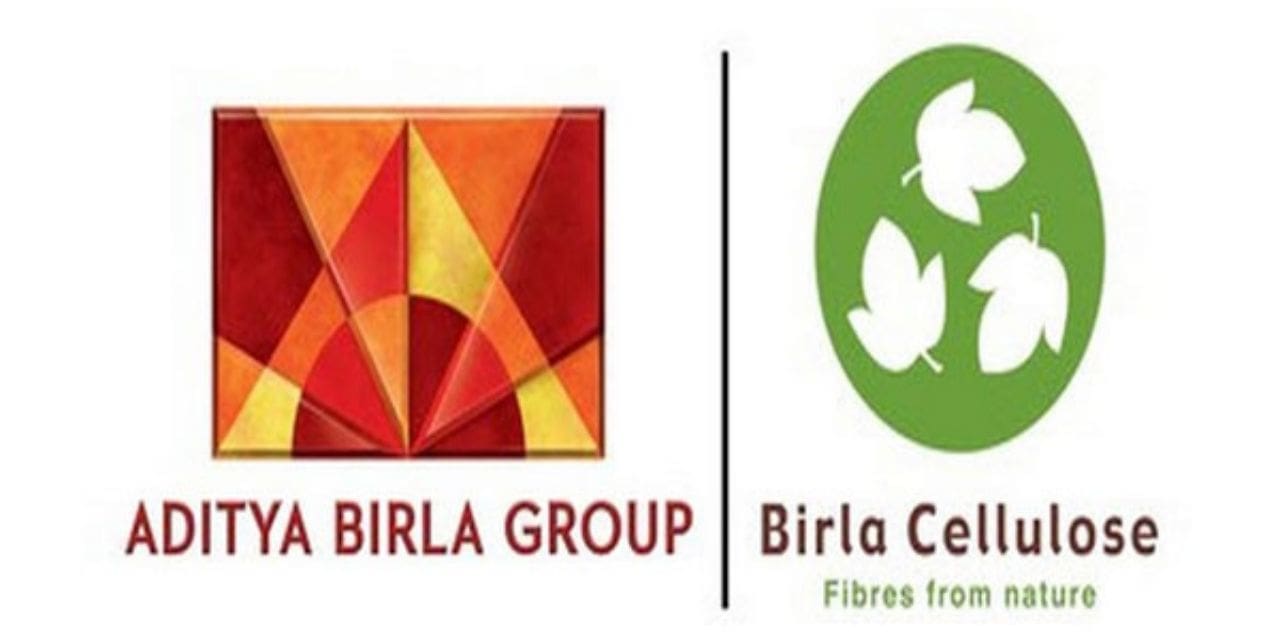Birla Cellulose and Circ have announced a strategic partnership aimed at enhancing the recycling of textiles, marking a significant step towards sustainable practices in the fashion industry. The collaboration was officially revealed on October 28, 2024, in Mumbai and is set to drive the growth and accessibility of recycled fibres.
Partnership Details
Under this long-term agreement, Birla Cellulose, a leading producer of Man-Made Cellulosic Fibres (MMCF) and part of the Aditya Birla Group, will purchase up to 5,000 tons of pulp annually from Circ. This arrangement will last for five years and will be sourced from Circ’s inaugural commercial-scale facility. The pulp acquired will be transformed into lyocell staple fibre, thereby significantly increasing the availability of recycled materials in the textile sector and supporting Circ’s production scaling efforts.
Peter Majeranowski, CEO of Circ, emphasised the importance of this partnership, stating that it reflects both Circ’s progress towards scalability and the broader industry’s commitment to a circular economy. He noted that this collaboration positions them to contribute to a more sustainable fashion future by integrating recycled materials into global textile production.
Dr. Aspi Patel, Chief Technology Officer of Grasim Industries Limited, highlighted the partnership’s alignment with their environmental stewardship goals. He remarked that combining Circ’s innovative recycling technology with Birla Cellulose’s fibres enhances the potential for a truly circular economy.
Market Context and Implications
As consumer demand for eco-friendly options rises, this partnership addresses the critical role of supply chains in meeting sustainability goals. With the demand for recycled materials exceeding current supply levels, Birla Cellulose’s commitment to sourcing Circ pulp ensures that its customers will have access to high-quality recycled lyocell fibres. This initiative allows brands and supply chain partners to actively participate in shaping the future of a sustainable global fashion industry.
Both companies are dedicated to promoting practices that support a circular economy while minimising environmental impact through innovative technologies and material reuse. Their shared vision aims to establish new benchmarks within the textile industry.
This strategic partnership between Birla Cellulose and Circ exemplifies how collaboration can drive innovation in textile recycling and promote sustainable practices within the industry.

